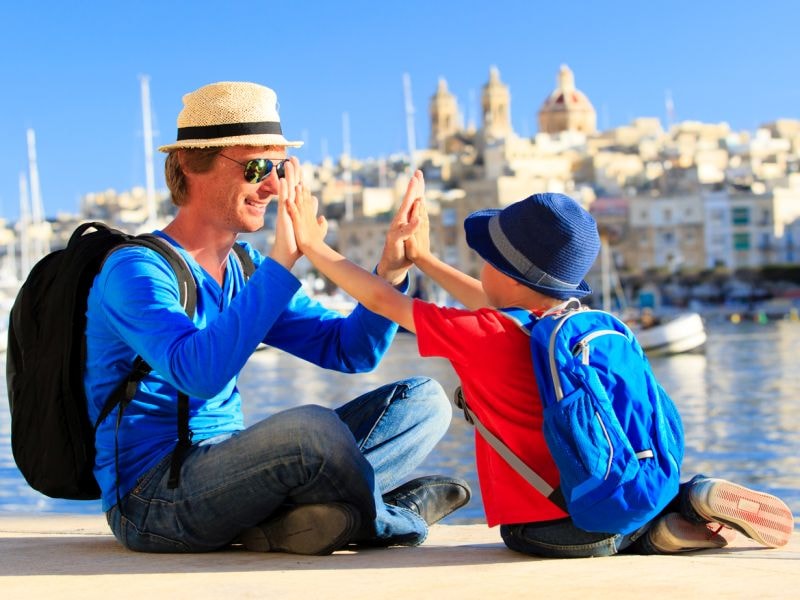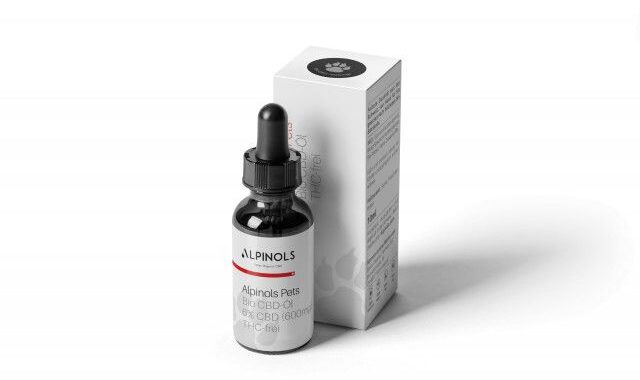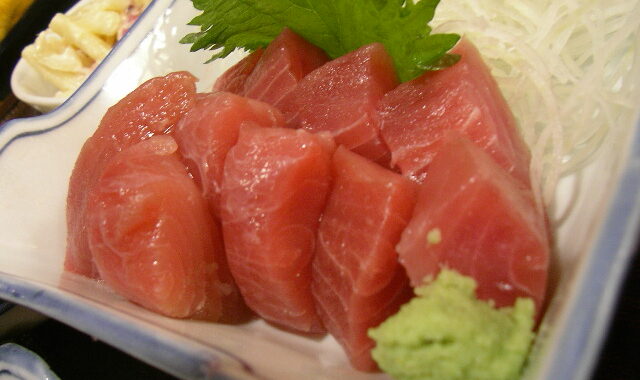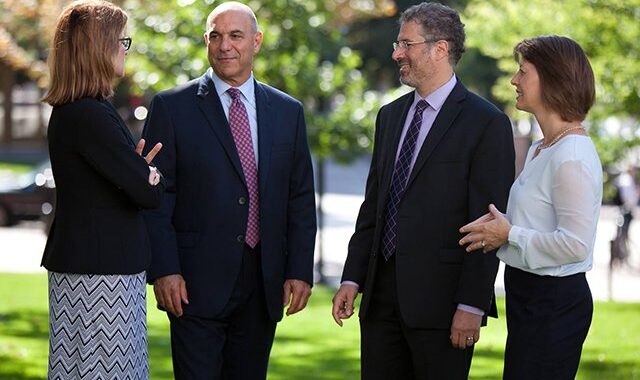How not to get sick on vacation

Take care of the first aid kit
Firstly, even before a short trip, a medical examination of all the weaknesses will not be an obstacle. Second, it is important to remember that an insurance policy that covers outpatient and inpatient medical treatment, prescription medication or return ticket replacement in case of illness usually does not cover chronic illnesses, so you and only you are responsible for the usual health problems.
When going to the Himalayas with tents or hiking along the Amazon, any sensible traveller will have a full medical kit. If you are going to the country of the first world, there are less reasons to worry: contrary to the myth of European recipe hell, basic products such as nasal spray or antipyretic, as well as many more serious drugs – from antihistamines to those used in gynecology – are sold without a prescription in pharmacies to everyone in need.
However, you never know in advance what is included in this list in a particular country and whether it will be possible to get to the pharmacy in time, so it is better to be safe. Besides the preparations intended for your “chronicle”, take with you antipyretic and analgesic agents, antispasmodics, nose spray and eye drops – all this can be useful in case of problem acclimatization.
Follow hygiene
This truth, which has been known since childhood, sometimes loses its authority in our eyes, but in vain. “If a large number of people have touched a thing, it’s a potential problem,” says Dr. Vincent Racaniello, professor of microbiology and immunology at Columbia University, in a blog about viruses.
Specialists strongly advise to wash your hands thoroughly with soap and water or use an antiseptic for your hands whenever possible. And, no matter how banal it may sound, stay away from coughing and sneezing people: it is believed that the distance that can overcome the flu virus by airborne droplets is about 6 feet (about 2 meters).
Contact with objects in public toilets – from dispensers to doorknobs – is best mediated with a paper towel. If the toilet bowl is not equipped with an automatically replaceable coating in the form of a hygienic film, do not rely on paper rim covers and, if possible, do not come into contact with this object at all.
As for hygiene during menstruation, in case of a trip to a conditionally developed country, it is not necessary to buy in advance: and in Spain, and in South Korea, and in Argentina the choice of linings is not worse than ours. In addition, it will be possible to try out biotampons that do not threaten with toxic shock syndrome, and various menstrual bowls.
Eat moderately.
Resilience in nutrition will facilitate the adaptation of the body in hot and mountainous climates. In the heat it is better to have basic meals in the morning and evening, and during the daytime not to bother the body and drink enough fluids. In high altitude conditions, digestive disorders are also possible, so you should eat small portions and avoid fatty foods.
Store healthy snacks in local shops and farmer’s shops: nuts, fruit and bread. With the variety of local products available, this is a distinct consumer joy. In any case, travelers have to eat in restaurants more often than usual.

We have already told you how to do it wisely and what to choose from in different national cuisines to make it tasty and useful. And if local delicacies like gelato in Italy or tacos in Mexico City are hard to resist, and there is no need for them, it makes sense to remain vigilant and follow the principle of “the easier it is, the better” during breakfasts and snacks in mediocre cafes.
In the conditions of dubious hygiene we advise to do without corrie and curry and to give preference to couscous or oatmeal, manually filled with boiling water – health is more important than gluttony.
By the way, if you and your doctor are convinced that probiotics help you, there is no reason to cancel the prescription: the effectiveness of probiotics is considered doubtful, but there is evidence that, say, the use of Lactobacillus GG can reduce the risk of diarrhea in travelers.
Fitness tourism is an undisputed global trend: wellness travels, sports camps and yoga retreats are finding more and more fans around the world. And if kayaking or a Buddhist monastery isn’t the limit of your dreams, a couple of “traditional” sports activities in the host country are a great opportunity to learn about its culture from a new angle.
Everywhere you can find something interesting: surfing in Portugal or Maui, hiking and snowboarding in Switzerland or Chile, and bicycle tours in almost any Western European country.
In order not to have to use an insurance policy, you should approach extreme sports only under the guidance of a coach, and if there is a reason to doubt your own physical training, it is better to keep your horses. Long-distance hiking is an untraumatic but effective way to stay mobile.
In addition, it will help you to get used to the terrain: you will finally get used to the new climate and maybe better understand local speech. On long journeys, you don’t have to sign up for a local fitness club: short online training sessions and outdoor sports are good for keeping fit.
Let yourself relax.
As you know, prolonged and severe stress can lead to a decrease in the body’s resistance to disease and exacerbation of chronic illnesses.
A healthy sleep, morning sunbathing with proper protection, more time in the fresh air, an opportunity to distract yourself from work and electronic devices – these obvious measures will support physical and mental health no worse than any superfood and dietary supplements. Let the rest be your main and, if possible, the only responsibility throughout the journey.
If you went on a trip on duty, it is a great reason to adopt the philosophy of sloulife. Provide yourself a gentle mode: give yourself a rest for 2-3 hours on weekdays and be sure to arrange at least one weekend, during which you can look around and forget about deadlines.
It doesn’t matter where you’re going – on vacation in Iceland or at a conference in Chile: changing the picture is already a kind of wellness retreat, and there’s no reason to miss the opportunity to “recharge”.


 CBD’s Impact on Digestive Health
CBD’s Impact on Digestive Health  Omega-3 for Vegetarians
Omega-3 for Vegetarians  The Science Behind Shake Ingredients
The Science Behind Shake Ingredients  The Role of Accident Attorneys
The Role of Accident Attorneys